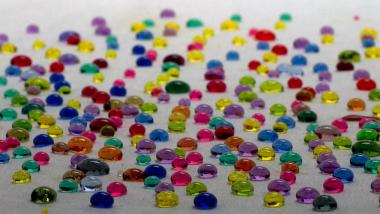Handelsverband lehnt SPD-Forderungen zu Erhöhung der Erbschaftsteuer ab
Angesichts aktueller Forderungen aus der SPD zur Erhöhung der Erbschaftsteuer macht der Handelsverband Deutschland (HDE) die negativen Folgen für Unternehmen deutlich.
Insbesondere die angedachte Abschaffung von Privilegien für Unternehmen sieht der Verband als kontraproduktiv an. „Grundsätzlich ist in diesen wirtschaftlich schwierigen Zeiten nicht die Zeit für Debatten um Steuererhöhungen, sondern für Entlastungen der Unternehmen und der Bürger. Die so dringend benötigte Aufbruchsstimmung für den Konsum erzeugt man sicher nicht mit neuen Steuererhöhungsvorhaben“, so HDE-Hauptgeschäftsführer Stefan Genth.
Bei der Erbschaftsteuer sieht der HDE insbesondere den Mittelstand massiv gefährdet: „Im Einzelhandel ist Privatvermögen oftmals auch Unternehmensvermögen, das in die Wettbewerbsfähigkeit des eigenen Unternehmens fließt. Steigt die Erbschaftsteuer, geht das auf Kosten der Investitionen und damit auf Kosten der Zukunft des gesamten Unternehmens. Gerade im Mittelstand bedeutet eine höhere Steuerlast für die nächste Generation das Aus des Familienunternehmens“, so Genth weiter. Nach einer Anhebung der Erbschaftsteuer seien Generationswechsel für Unternehmen oft nicht mehr zu finanzieren. Viele kleine und mittlere Handelsunternehmen müssten dann zusperren. Und das, wo die aktuelle Lage der Branche alles andere als rosig sei. Der HDE rechnet in diesem Jahr mit dem Verlust von 4.500 Geschäften in Deutschland.
HDE Handelsverband Deutschland




















